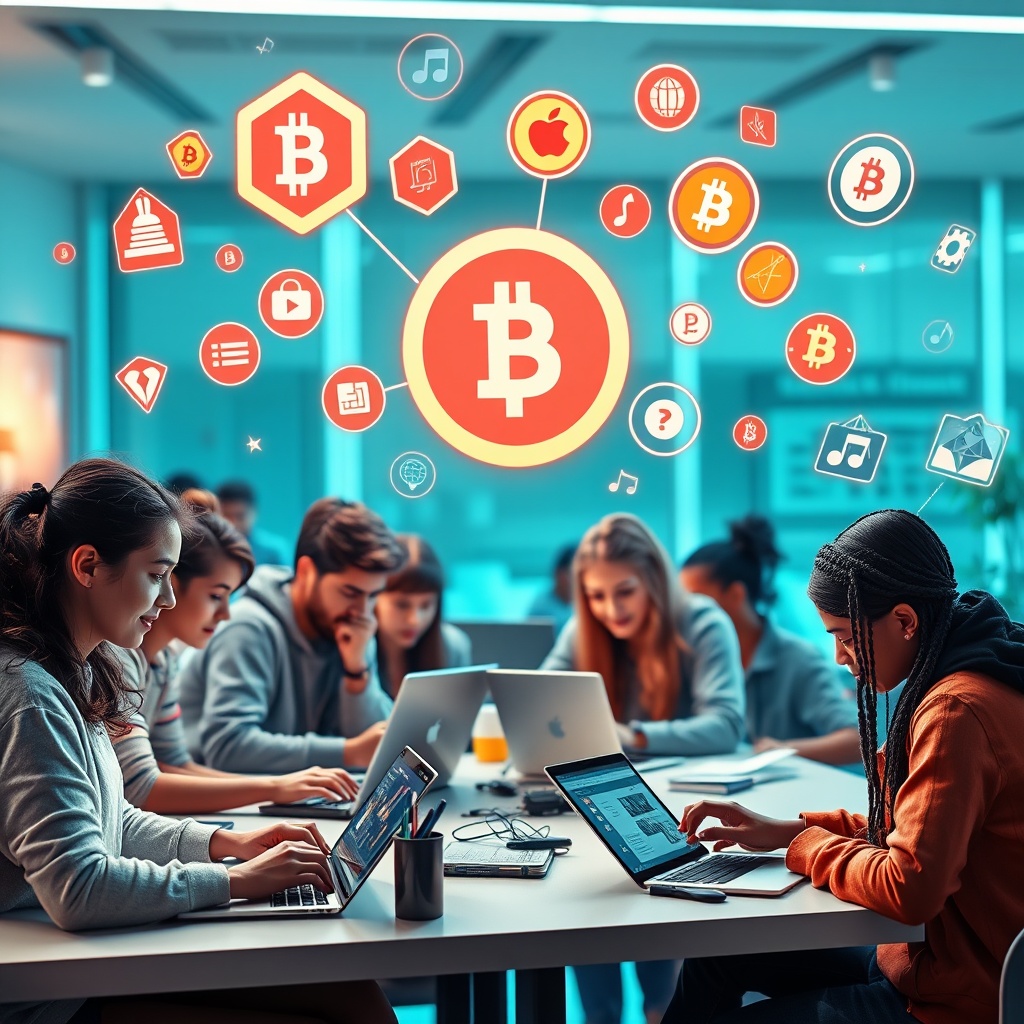Revolutionizing Content Creation

The rise of decentralized platforms marks a pivotal shift in how content is created, shared, and monetized. For students, these platforms offer unprecedented opportunities to engage with their peers while harnessing their creativity and entrepreneurial spirit. Unlike traditional media avenues, which often impose barriers to entry and limit revenue streams, decentralized platforms empower students to maintain ownership over their intellectual property and monetize it directly.
The Mechanics of Monetization
Understanding the mechanisms behind monetization on decentralized platforms is crucial for students aspiring to turn their passions into profit. These platforms utilize blockchain technology to enable peer-to-peer transactions, eliminating the need for intermediaries. As a result, creators can set their own prices, receive immediate payments, and build a direct relationship with their audience.
Moreover, decentralized platforms often incorporate smart contracts, which automate the distribution of funds based on pre-defined criteria. This ensures transparency and fairness in revenue sharing, allowing students to earn a sustainable income from their creative endeavors. Here is a list of popular decentralized platforms that facilitate student-created content monetization:
- OpenSea: A marketplace for digital art and collectibles.
- Patreon: A subscription-based platform allowing fans to support creators.
- Rarible: A decentralized NFT marketplace for artists and creators.
- Publish0x: A platform that rewards writers and readers with cryptocurrency.
- Steemit: A blogging and social media platform that pays users for their contributions.
Challenges and Opportunities Ahead
While the prospects for monetizing student-created content on decentralized platforms are promising, challenges remain. The volatility of cryptocurrency markets can impact earnings, and students must also navigate the complexities of digital rights management. However, these hurdles also present opportunities for learning and innovation.
By participating in decentralized ecosystems, students not only gain firsthand experience in managing their own content but also develop skills that are increasingly valuable in today’s digital economy. As these platforms continue to evolve, the landscape for student creators will undoubtedly expand, ushering in a new era of content monetization.





